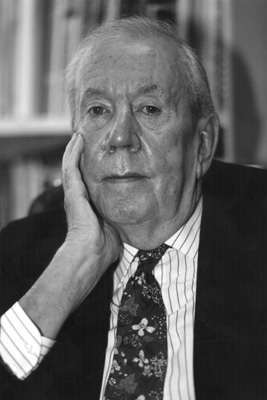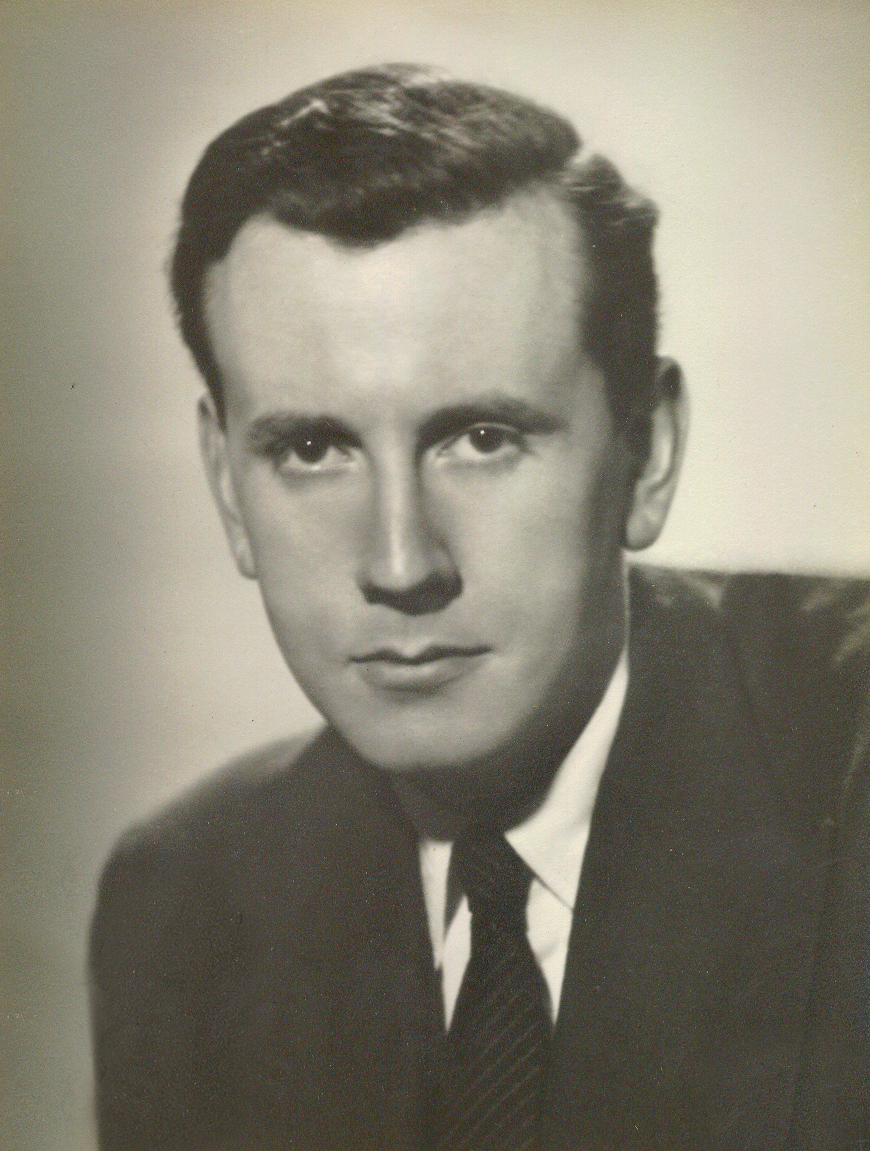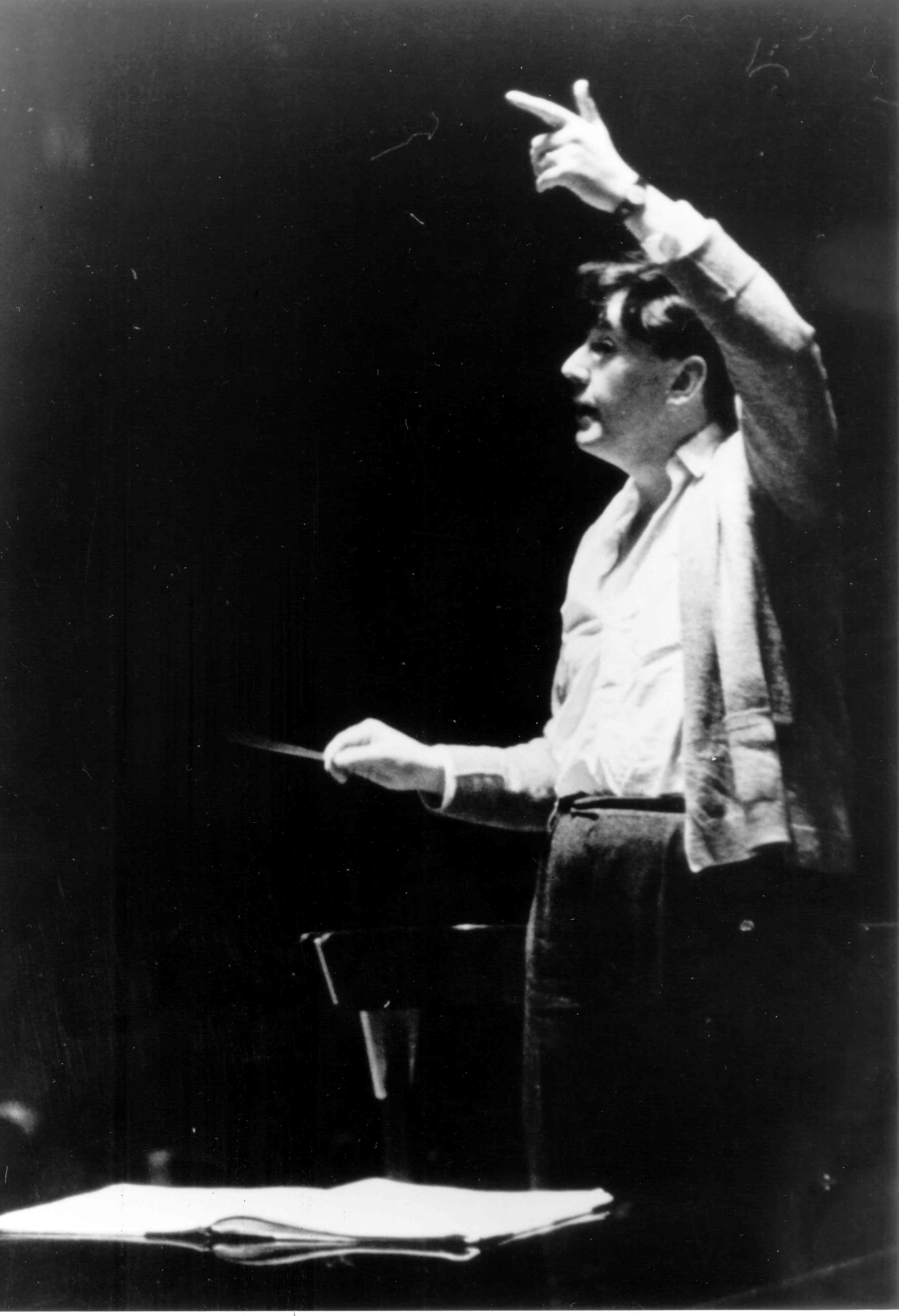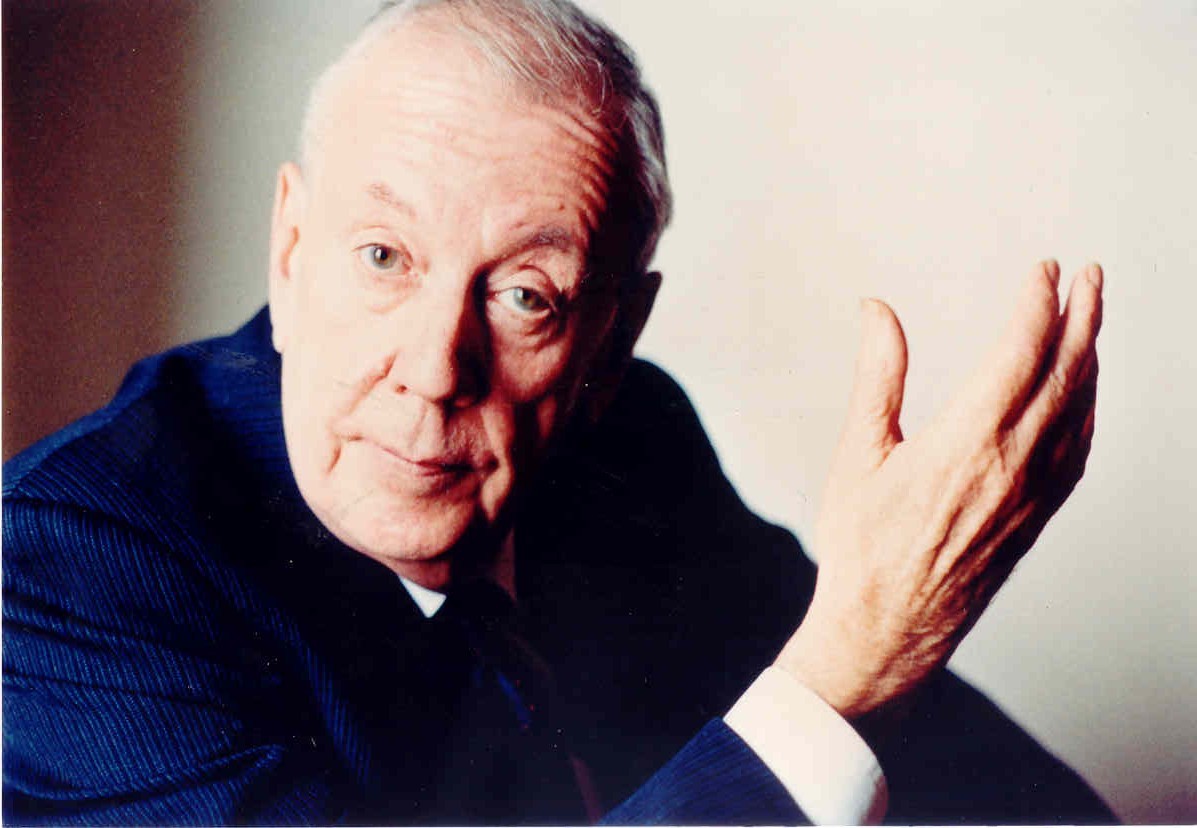Malcolm Arnold
1921 - 2006
British
Summary
Critical Acclaim
Few composers of the 20th century, and almost none of his generation, had such a gift of warm and immediate communication as Sir Malcolm Arnold. – Edward Greenfield, GramophoneThe nine symphonies show how very serious a composer Arnold was...In all the works one finds not just a man with a vivid and playful imagination, but one of enormous compositional talent...we need to realise that he was one of 20th-century Britain’s truly great composers. - Simon Heffer, The Standpoint
a towering figure in the history of British music. – BBC News
One of the essential qualities of any piece of music is its ability to be direct, sincere, and accessible at first hearing without needless over-intellectuality of self-consciousness. Another is that the music must be truly original and not immersed in fashion or trend … It seems to me that Malcolm Arnold’s compositions possess both of these characteristics and far more. It is rare that such a wide range of emotion is so economically projected, from infectious hour to sublime seriousness. If you add to that his tight-knit architectural unity; his versatility of form and superb orchestration, you begin to realize some of the great gifts of this composer”. – John LillBiography
One of the towering musical figures of the 20th century, Sir Malcolm Arnold has a remarkable catalogue of major concert works to his credit, including nine symphonies, seven ballets, two operas, one musical, over twenty concertos and two string quartets, as well as music for brass band and wind band. He has also written 132 film scores and among these are some of the finest works ever composed for the medium: 'Bridge on the River Kwai', 'Inn of the Sixth Happiness', 'Hobson's Choice'; 'Whistle down the Wind' and 'David Copperfield'.
In 1969 he was made a Bard of the Cornish Gorseth, and was awarded the CBE in 1970. He holds Honorary Doctorates of Music from Exeter University (1969), Durham University (1982), Leicester University (1984) and Northampton University (2006); he was made a Fellow of the Royal College of Music in 1983 and is an Honorary R.A.M. In 1986 (his 65th year) Malcolm Arnold received the Ivor Novello Award for 'Outstanding Services to British Music' and a knighthood in the 1993 New Year Honours List for his services to music. In 2005 he was awarded the Distinguished Musician Award for 2004 by the Incorporated Society of Musicians in recognition of his outstanding contribution to musical life.
In 1984 Arnold moved to Norfolk, where a return to composition saw the creation of Symphony No 9, undoubtedly the most significant of his late works. He remained in the county until his death in 2006. Arnold's music springs directly from roots in dance and song. Typically, it is lucid in texture and clear in draughtsmanship. His lighter entertainment pieces, easy to listen to and rewarding to perform, are among the rare latter-day equivalents of eighteenth-century serenades and divertimenti. As an inventor of tunes, his power seems to be inexhaustible, and he is prodigal with his gifts; the 'big' tune in the modest little Toy Symphony, for example, is just as much a winner as the many memorable themes in the major concert works.
Many of these are now firmly established in the concert repertory. Yet for those who have ears to hear, his works frequently give more than a hint of a complex musical personality and of dramatic tensions not far below the music's seductive surface. There is a scope in Arnold's music which reflects his profound concern with the human predicament and also his belief that music is "a social act of communication among people, a gesture of friendship, the strongest there is". Arnold’s music has been widely recorded, including many recordings by the composer himself.
Complete surveys of the nine symphonies are available on the NAXOS, Chandos and DECCA labels. Interest has continued in recent years with Tony Palmer’s film, Toward the Unknown Region, which was broadcast on ITV’s South Bank Show, two biographies (The Life and Music of Sir Malcolm Arnold: The Brilliant and the Dark by Paul RW Jackson in 2003 and Malcolm Arnold: Rogue Genius by Anthony Meredith and Paul Harris in 2004) and Raphael D Thöne's scholarly study Malcolm Arnold - A Composer of Real Music: Symphonic Writing, Style and Aesthetics. In 2006 an annual Arnold Festival was established in the composer’s birthplace of Northampton. In May 2014, a memorial plaque was unveiled in Padstow Harbour in honour of Arnold, who lived in St Merryn near Padstow between 1966 and 1971.
News
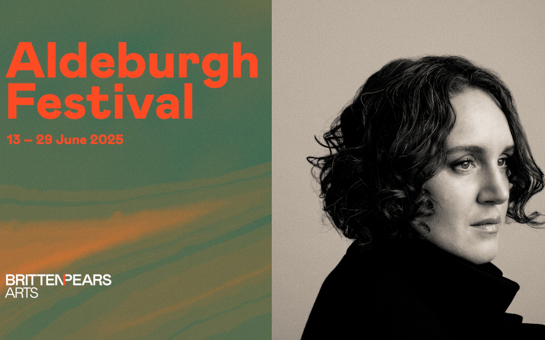
- Helen Grime to be Featured Composer at Aldeburgh 2025
- 17th December 2024
- Composer Helen Grime will be one of four featured artists at the 76th Aldeburgh Festival in June 2025.
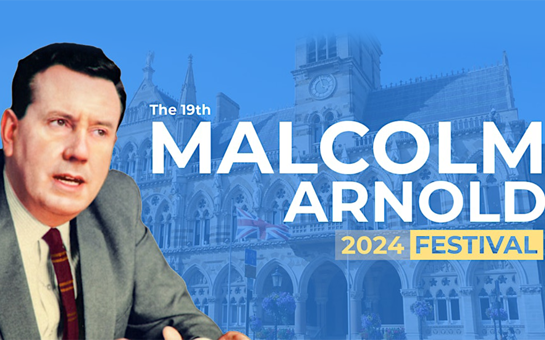
- The Malcolm Arnold Festival returns for its 19th annual edition
- 17th October 2024
- The 19th International Malcolm Arnold festival is here for 2024, celebrating the life and work of the composer.

- The 18th international Malcolm Arnold Festival returns this weekend
- 13th October 2023
- Celebrating one of England’s most colourful and charismatic composers this weekend at the international Malcolm Arnold Festival

- The 17th International Malcolm Arnold Festival 2022 returns this October
- 29th September 2022
- The 17th International Malcolm Arnold Festival 2022 returns - Sunday the 9th October, a day of concerts, talks and a masterclass. 30th October live online streaming - full of talks, interviews and many performances.

- Scotland in Music
- 20th January 2022
- Ahead of Burns Night we highlight some of the best creatives from Scotland and other great works inspired by the lands north of the wall.

- A Carnival of the Animals for the 21st century
- 19th October 2021
- Debbie Wiseman sounds a note of warning in her latest work, Carnival of the Endangered Animals, a 21st century sequel to Camille Saint-Saëns’ classic suite. The piece has been commissioned by the City of...
Performances
16th April 2025
- PERFORMERS
- BBC Symphony Orchestra
- CONDUCTOR
- Oramo; Sakari
- LOCATION
- Barbican Hall [Barbican Centre], London, United Kingdom
25th April 2025
- SOLOISTS
- Nathan Anderson
- PERFORMERS
- LSU Symphony Orchestra
- CONDUCTOR
- Scott Terrell
- LOCATION
- Union Theatre, Baton Rouge, LA, United States of America
25th April 2025
- SOLOISTS
- Nathan Anderson
- PERFORMERS
- LSU Symphony Orchestra
- CONDUCTOR
- Scott Terrell
- LOCATION
- Union Theatre, Baton Rouge, LA, United States of America
25th April 2025
- SOLOISTS
- Nathan Anderson
- PERFORMERS
- LSU Symphony Orchestra
- CONDUCTOR
- Scott Terrell
- LOCATION
- Union Theatre, Baton Rouge, LA, United States of America
16th May 2025
- PERFORMERS
- WDR Funkhausorchester
- CONDUCTOR
- Rasmus Baumann
- LOCATION
- Klaus-von-Bismarck-Saal, Cologne, Germany
Features

- Brilliant Concert Openers for Non-Professional Orchestras
- Discover music to begin your concert suitable for performance by amateur orchestras

- Catalogue Classics: Jean Sibelius - Symphony No 5
- The fifth symphony by Jean Sibelius serves as a powerful foundation for any concert programme, offering a rich tapestry of themes that can be beautifully enhanced by a wide range of complementary orchestral works. Be inspired by music from the Wise Music catalogue to craft a well-rounded and cohesive concert programme around exploration of nature, nationalism, or resilience.

